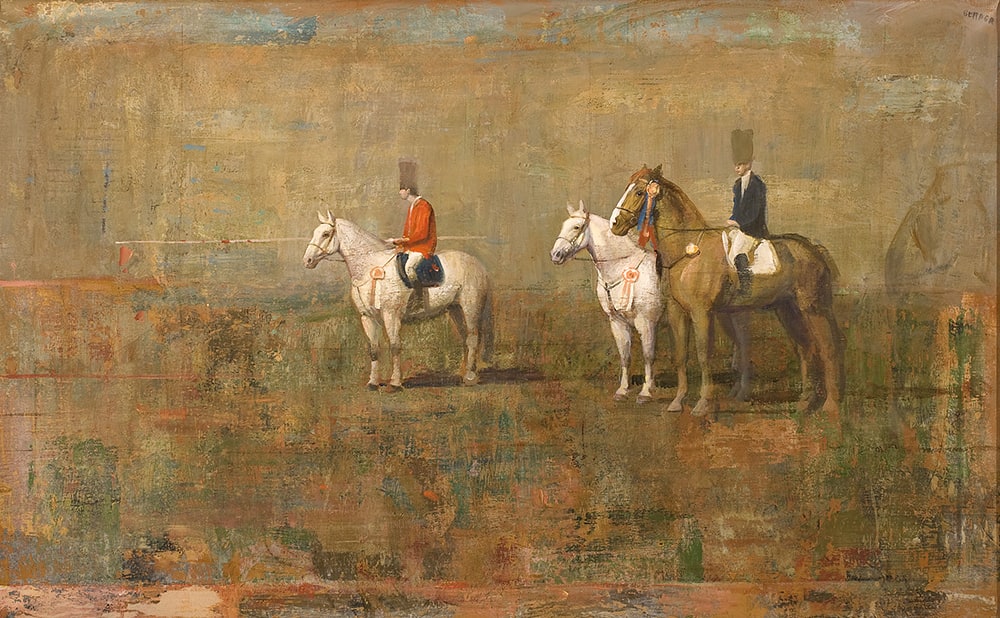Director: Adrian Panek
Cast: Andrzej Chyra, Mariusz Bonaszewski, Olgierd Lukaszewicz
Poland; 102’, 2011, color
Polish with Turkish subtitles
This visually stunning period drama explores the life of Jacob Frank, the 18th-century Polish mystic who believed that he was the Messiah. Frank’s unique faith combined aspects of Christianity and Judaism, and he claimed he could heal people and bestow immortality. After Jewish authorities proclaimed Frank a heretic, he spent many years in prison and later left Poland to live in Vienna. This examination of his life and times, revealed through the perspectives of former disciple Golinski and Viennese court investigator Klein, is marked by intrigue and conspiracy. When Golinski initiates an inquiry about Frank in Vienna, Klein doesn’t understand a key point—that Frank and his daughter are already deeply involved with Austria’s Kaiser Joseph II. Both men will have to focus their attention on other matters than “Frankists.” This polished and visually austere treatise on power and corruption is the auspicious feature debut of writer/director Adrian Panek.
Trailer

Mersad Berber (1940-2012), is one of the greatest and the most significant representatives of Bosnian-Herzegovinian and Yugoslav art in the second half of the 20th century. His vast body of expressive and unique works triggered the local art scene’s recognition into Europe as well as the international stage.
Tuesday - Saturday 10:00 - 19:00
Friday 10:00 - 22:00
Sunday 12:00 - 18:00
The museum is closed on Mondays.
On Wednesdays, the students can
visit the museum free of admission.
Full ticket: 300 TL
Discounted: 150 TL
Groups: 200 TL (minimum 10 people)